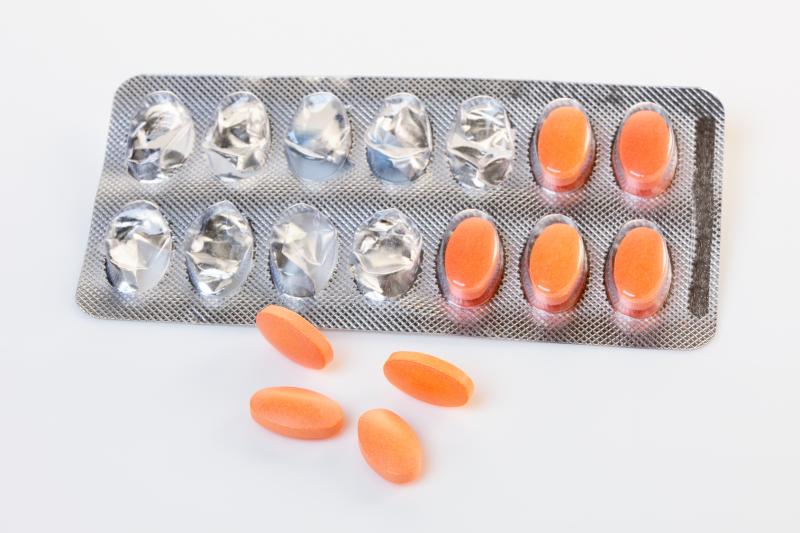 Statin side effects are found to be largely related to patients’ negative expectations.
Statin side effects are found to be largely related to patients’ negative expectations.Despite a relatively low rate of relapse of intolerance among patients taking pravastatin or fluvastatin, many of them have eventually discontinued or switched to other medication, reveals a study. Relapse is independently predicted by chronic kidney disease and history of creatine kinase elevation.
The rate of relapse of intolerance during a median follow-up of 37 months was 10.4 percent among pravastatin users and 18.2 percent among fluvastatin users (p=0.04), but the log-rank test showed no between-group difference in the relapse-free rates (p=0.34).
Cessation rates were 36.5 percent for pravastatin and 42.2 percent for fluvastatin (p=0.30). Reasons for discontinuation were varied, which included low efficacy of the agents.
After adjustment, the following factors were found to be independently associated with relapse: chronic kidney disease (hazard ratio [HR], 1.83; p=0.03) and previous creatine kinase elevation (HR, 3.13; p=0.001). Older age (HR, 1.03; p=0.057) and female sex (HR, 1.70; p=0.059) were associated, albeit nonsignificantly, with relapse.
In this retrospective, propensity score-matched cohort study, the authors screened data sourced from a tertiary university hospital between 2006 and 2015. A total of 8.073 patients were screened, of whom 488 with statin intolerance who received pravastatin or fluvastatin with regular follow-up were enrolled. Of these patients, 384 were included in the analysis after propensity-score matching.
The primary outcome variables were relapse of statin intolerance and cessation (ie, discontinuation or switching to other statins) rate for the two agents.